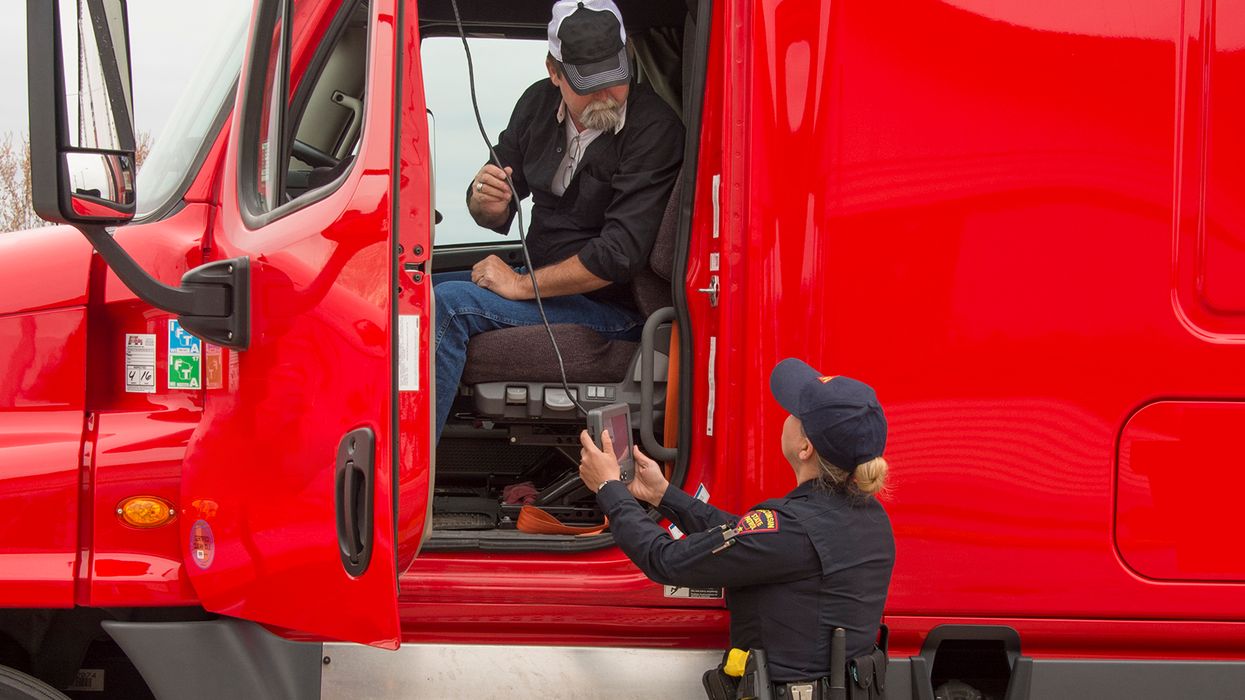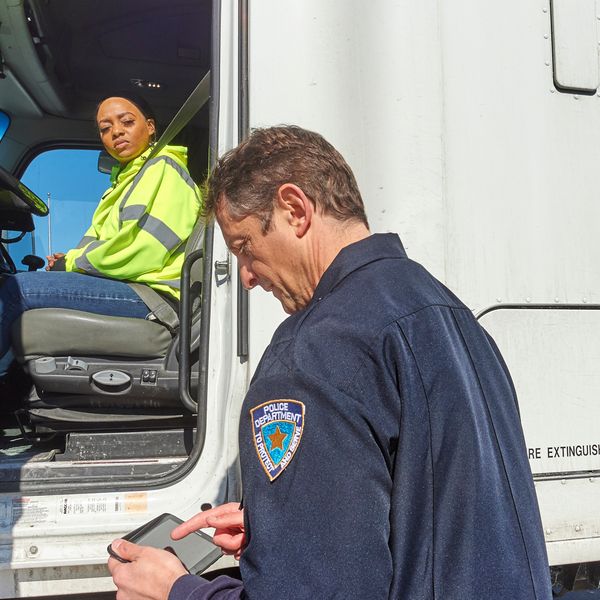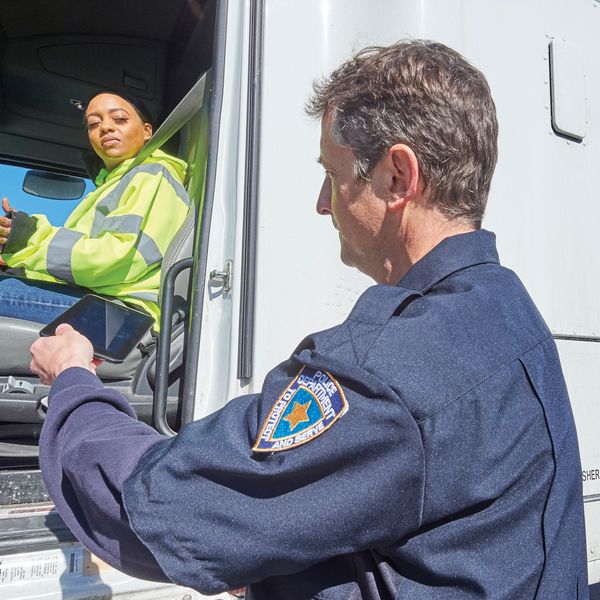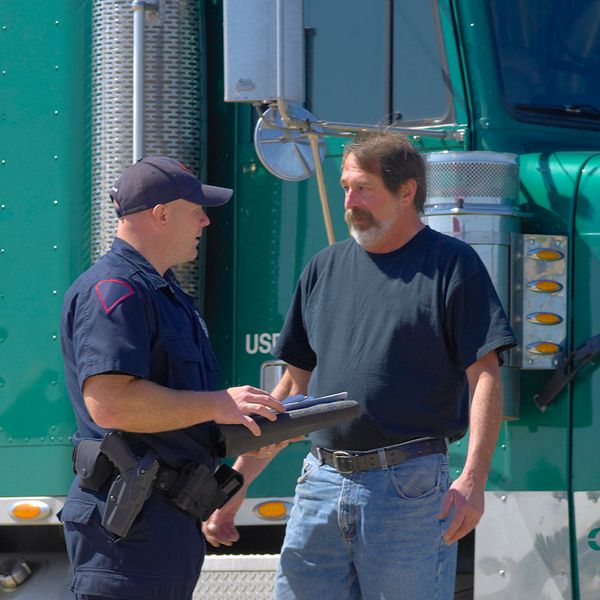Data transfer violations are coming to prime time
As of December 1, 2022, a violation for not being able to transfer electronic logging device (ELD) records will count toward a carrier’s score in the Hours-of-Service Compliance BASIC in CSA. This change has been a long time coming. Not being able to transfer records has been an unscored violation since December of 2017.
This has changed because the Federal Motor Carrier Safety Administration (FMCSA) believes the updates they have made to the support systems and the procedures officers use now prevent violations caused by system errors.
System and data reliability
The FMCSA’s ELD record handling system (called eRODS) has increased in reliability and is less likely to refuse ELD records due to missing data components. Also, ELD vendors are much better at structuring the data sent from their devices. However, if there are fatal data flaws (device is not recognized, check-digits within the data are not correct, data does not match FMCSA’s format, data sent to the wrong web address, etc.), the data will be rejected. If the data is rejected, it is considered a device issue and would result in the driver being cited for a violation.
Officer training, knowledge, and practices
Officers now verify eRODS is up and working when they cannot locate the records the driver has transferred. A lot of officers now check this before even requesting the driver transfer the records. Officers have also been told to use the web service when using the telematic transfer option, not email, as there can be a significant delay in the email option at times.
Connectivity
Another issue has been cellular connectivity. However, officers have adjusted to this as well. Most officers will verify they have cellular connectivity either before requesting a telematic transfer or if the transfer was not completed. If the officer has cellular connectivity and the driver’s device does not, the officer will not cut the driver slack. The fact that the driver’s device can’t figure out how to connect to the available cellular network is a device failure as far as officers and FMCSA are concerned, and the violation for not being able to transfer will be written.
Most common problem now is driver error
During roadside inspections, the most common reason for this violation is driver error. To prevent this problem, train your drivers on the transfer processes your device uses, using real-world, hands-on training.
Violations are to be written, but can be challenged in DataQs
If the device cannot conduct the transfer, whether it is due to driver error, data validity problems, or a connectivity issue, it is viewed as a driver and carrier’s problem, so the violation will be written. If the driver or carrier believes there was an error by the officer or eRODS, the driver and/or carrier can file a DataQs request to challenge the violation.
Key to remember: Violations for failing to transfer ELD data are now being scored in CSA, so it is more important than ever that motor carriers make sure their drivers know how to transfer ELD records to officers.























































